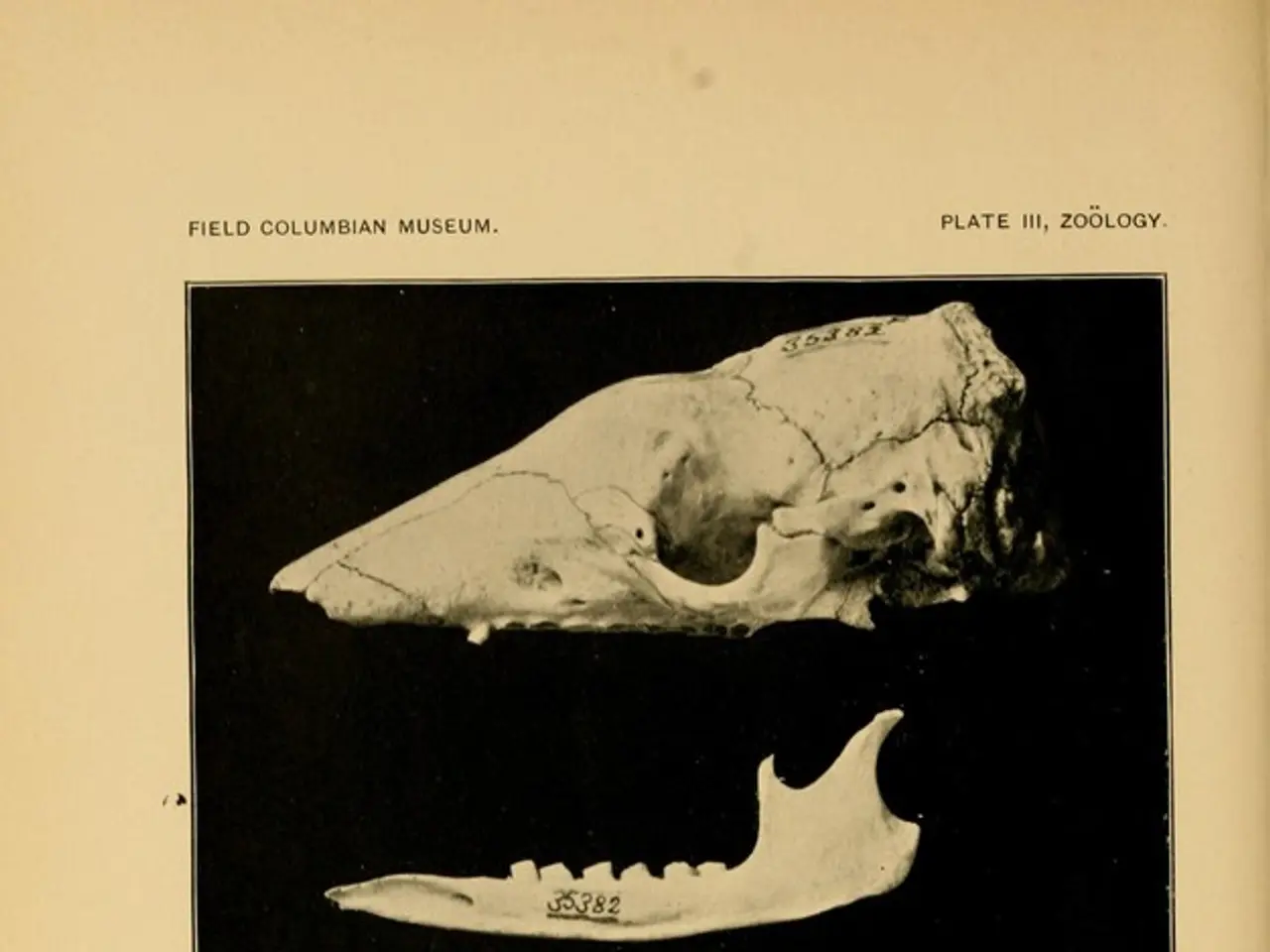Space-Preserving Antioxidant Ensures Muscle Tissue Protection during Space Travel
In a groundbreaking study published in Communications Biology, researchers led by Carlo Minetti from the University of Tsukuba have discovered that the protein Nuclear factor E2-related factor 2 (NRF2) plays a crucial role in preventing muscle weakness in low gravity environments, such as those experienced during space flights.
The study, which was supported by a Grant-in-Aid for the Japan Aerospace Exploration Agency and a Grant-in-Aid for Scientific Research on Innovative Areas from MEXT, aimed to understand the changes in muscle tissue energy and nutrient use during space flights.
Muscle atrophy, or weakening, is a common feature of disease, aging, and prolonged inactivity, such as during space flights. The researchers found that the deletion of the gene encoding NRF2 in mice accelerated the fast fiber type transition in the soleus muscle during space flights. Surprisingly, the Nrf2-knockout mice did not lose more muscle mass than the control mice under a microgravity environment.
However, the Nrf2-knockout mice showed a significantly accelerated rate of slow-to-fast fiber type transition. This conversion from slow- to fast-twitch muscle fibers is closely associated with an increase in oxidative stress. The study's results indicate that NRF2 alters skeletal muscle composition during space flights by regulating oxidative and metabolic responses.
The findings suggest that treatments targeting NRF2 could help prevent muscle changes in astronauts during space flights. Moreover, targeting NFR2 could also be a promising avenue for addressing muscle wasting in diseases like cancer or during the aging process.
The authors of the study declare no competing interests. The study can be accessed through its DOI: 10.1038/s42003-021-02334-4.
In space, muscles tend to shrink, lose slow-twitch fibers, and gain fast-twitch fibers. The study's journal is Communications Biology, a leading open-access journal in the field of life sciences. This research provides a significant step towards understanding and countering the effects of space travel on the human body, paving the way for longer and safer space flights in the future.
Read also:
- Starting in September, elderly individuals aged 75 years and above will be enrolled in a preventive program for Respiratory Syncytial Virus (RSV).
- Financial burdens associated with alcohol-induced offenses and criminal justice system expenses
- Health Updates: Brief Snippets of Health-Related News for Today
- Essential Soil Nutrient Absorption by Plants: The Crucial Process Involving Mineral Uptake




